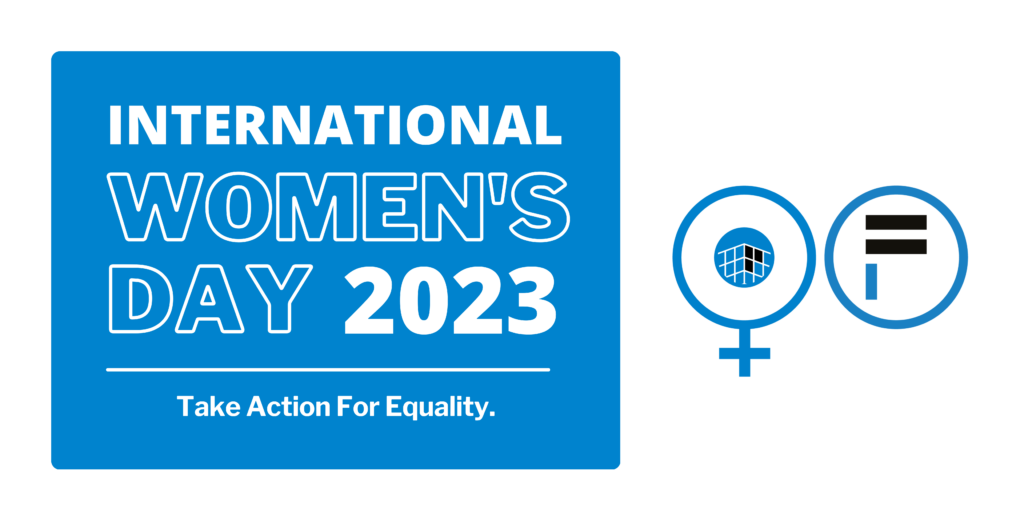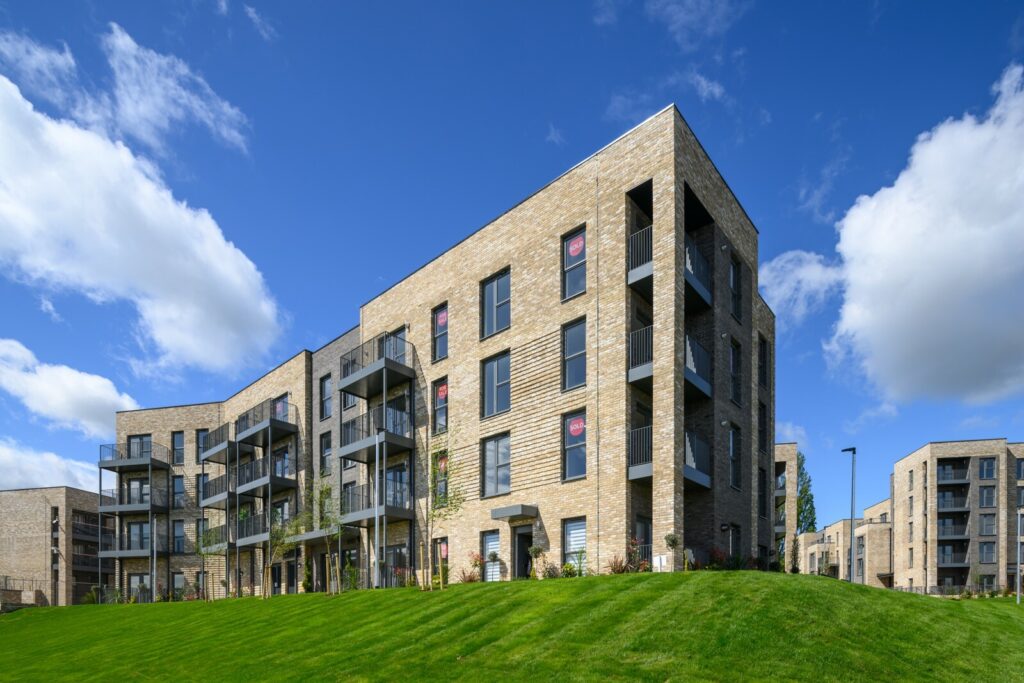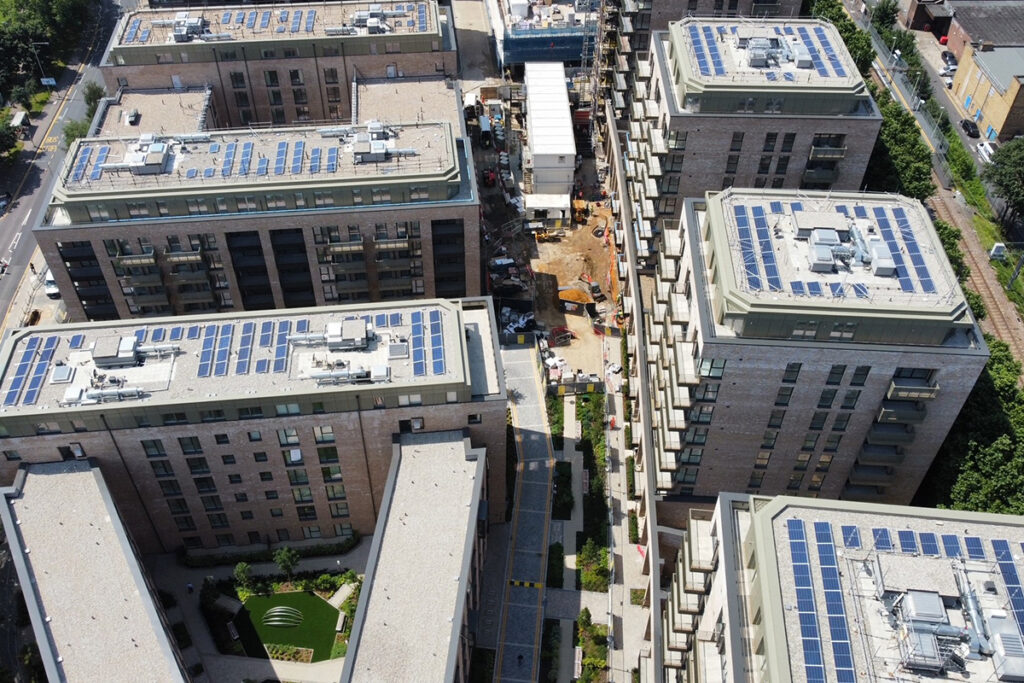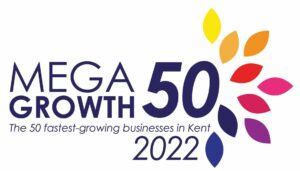According to the office of national statistics, women represent just 12.8% of the construction industry in the UK. That’s why in honour of International Women’s Day, we decided to interview three successful women in construction here at FDS to discover how attitudes are changing in this typically male dominated industry in 2023.
Introducing Our Winning Women
Rachael Archer
Rachael Archer [RA] is the Group Finance Director for the FDS Group. Now in her 11th year in the construction industry she shared how her move into the industry was more of an unintentional one. Seeking a new position and change in direction, Rachael responded to an accountancy position and quickly moved up the ranks to her now senior role in just a few short years. Looking back on her decision, Rachael shares that while she may not have planned to migrate into construction, she’s certainly glad she did!
Karen Brett
Karen Brett [KB] has worked in the construction industry for an impressive 19 years. Having previously worked as a high-flying city banker, Karen started a family and was looking for a career change with a role that allowed her to be closer to home. Spotting an opportunity to become an estimator for a local electrician, although she had never worked in construction before her existing skill set at that time and knack for numbers inspired her to pursue the opportunity. Now 19 years later, Karen is a recognisable and long-standing estimator here at FDS Contracting.
Sarah Ridout
Sarah Ridout [SR] was working in the private leisure and hospitality industry when she made the bold move into construction. Originally starting marketing, she was offered a career change as an estimator for Be Safe Direct and jumped at the opportunity. Almost 5 years on, Sarah has no regrets, loves what she does and has her sights set on future career opportunities in construction.
How have attitudes towards women in construction changed in recent years?
KB: There is certainly an acknowledgement now that the construction industry is woefully short of women (only 12% of the workforce and most of these in administrative roles) and it is positive that there are now efforts and campaigns to recruit more women into construction but the fact remains that progress is slow. I am still a rarity when I attend site.
RA: Over the time I have worked in construction I have seen a significant increase in the number of women in the workplace and so to me this would indicant a positive change in attitude to towards women in construction. I have never experienced any direct discrimination but it is clear that any subconscious discrimination is diminishing.
SR: It’s clear that attitudes are still evolving. Although personally, I find it an enjoyable industry to be in and have had particularly positive experiences on site. It’s quite obvious that men are immediately more mindful of their behaviour and language around myself and other women on site in general.
What do you think are the benefits of having more women in the construction industry?
SR: Women can bring fresh ideas and a different perspective. So having said that, I would like to see more women in more senior managerial roles within the construction industry as a whole. We still have a long way to go on that front.
RA: I think generally having more women at the table in construction will help to bring balance. We tend to have a different set of skills so can bring different strengths to the workforce.
KB: Women have a range of different skills but also personality differences, which can only enhance the industry and ensure a well-rounded workforce. Women are good multi-taskers and problem-solvers but alongside this it’s important to women that we approach tasks with honesty and fairness, which can only be a positive thing in business.
What advice or top tips do you have for women who are considering joining the construction industry?
RA: First, get into it [construction]. It’s a fast-moving industry and there are a lot of opportunities for women who want to join and progress. Second, know your mind which will also mean being assertive enough to stick to your guns when up against strong male attitudes.
SR: Don’t be intimated because in reality there is no need to be! Also, remember that knowledge is powerful, get clued up and be intentional about reading and experiencing new things. Finally, don’t be afraid to ask for help – it is NOT a sign of weakness just because you are a woman. Most people [in this industry] are ready and willing to offer a hand where needed.
KB: Drop all preconceptions that the construction industry is for men only. Neither should you think of construction as all hard hats and muddy boots! There are a wide range of diverse and interesting careers within the construction industry that don’t involve clambering around a building site if that’s what’s putting you off.
Talk to people in the construction industry and get some experience of what it can be like. The construction industry has a massive skill shortage.
Many companies will offer work experience or even taster days. Look up construction events and organisations which hold networking events for women in construction e.g. National Association of Women in Construction (NAWIC).
Key takeways
It’s clear that for some women, construction never was their first choice. However, the consensus is that after having made an almost accidental move into the industry, it can lead to a satisfying and rewarding career change.
Attitudes towards women in construction are evolving over time. Having said that, there is still progress to be made in not only accommodating women in construction but inviting and attracting more women with valuable skill sets.
Finally, a major positive is the there are ample opportunities for women to join this thriving industry at every level. Even in a time of uncertainty, it’s safe to say that construction has been around since the beginning of civilisation and will continue to exist for the foreseeable future.
A special thank you to Rachael, Sarah and Karen from the FDS Group.







